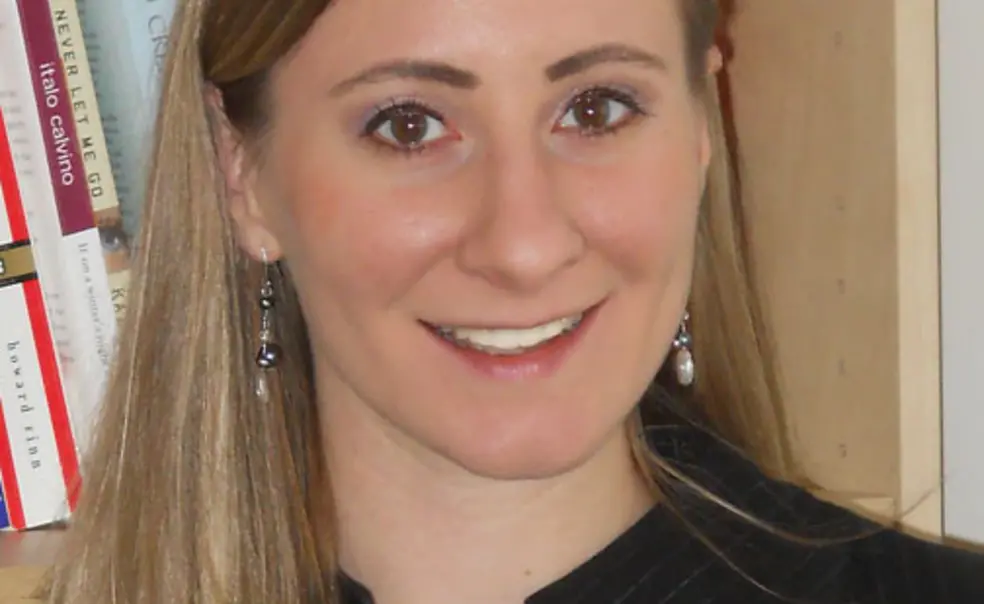Mancini '04: Helping people to stay in their homes
What kind of person did you help at Atlanta Legal Aid?
One client was an elderly woman who had a 30-year, fixed-rate mortgage that she could have paid off, and she would have had no mortgage payment in her retirement. But instead she had been refinanced four times over four years by a predatory lender who knocked on her door and said, initially, “You look like you could use some home repairs.” When she came to Legal Aid, she couldn’t afford her mortgage payment. ... The bottom line is they [her lender] reduced her mortgage balance and put her into a situation that she could afford.
Many big banks signed up to participate in the federal Home Affordable Modification Program to get bailout money from the federal government. How is that working for people?
A lot of the banks and loan servicers are making it extremely difficult for people to apply for loan modification. Often it’s impossible to get through to a human being on the phone. They are repeatedly losing people’s documents. And then these stories about the false affidavits really just add to that picture. Bank of America and GMAC had employees who were signing affidavits under oath, saying that they had reviewed the files and ensuring that the bank was right to foreclose. In fact, employees admitted in depositions that they weren’t reviewing any of those documents.
Are you still seeing predatory loans being made?
Although I do have some predatory lending cases here, more of the cases I’m dealing with now — and I think this is the way the foreclosure crisis is changing — are largely people who might have had a good loan, not a subprime loan, but now they’ve lost their job and they need a modification for that reason. ... A large percentage of my clients could afford to keep the home if they got a reasonable loan modification. And that’s what we’re trying to do — make the banks slow down enough to actually comply with these programs and do the right thing.













No responses yet